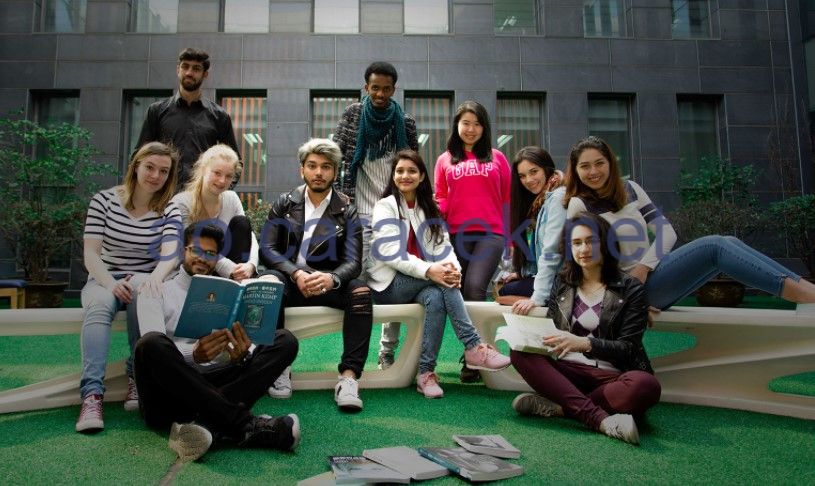The Delft University of Technology, also known as TU (Technical University) of Delft, is one of the oldest and largest public technical universities in the Netherlands. The university has a long and distinguished history. It is one of the oldest and most comprehensive universities of its kind in the world. Students here study mechanical engineering, information technology, and computer science, as well as other fields. The TU offers a wide range of technical degrees, and is a highly respected educational institution in the Netherlands.
The academic staff at TU Delft has more than three decades of experience, with a wide range of experience. The Rector Magnificus, or head of the University, has a broad range of responsibilities, from research to teaching. The rector is elected for a four-year term, and has an average tenure of two years. The current Rector is Tim van der Hagen, who has served as the rector since 2010. Former rectors include Ir. Karel Ch.A.M. Luyben, who served as the university’s rector from 2010 to 2018, Prof. K.F. Wakker, who served as the TU Delft rector from 1993 to 1997. The rector also participates in advanced research projects and internships.
The TU Delft sports and culture center, which was recently renamed X, has a rich history. The building was designed by architect Vera Yanovshtchinsky and opened for TU Delft students in 1995. Over the years, it has undergone expansions and continues to attract students from all over the world. There are three museums at the TU, including a renowned museum dedicated to the art of science and engineering.
Students can choose between four BSc programs at TU Delft. Most BSc courses are taught in English, while some Dutch-language courses are offered. The university also has a number of student associations, and has a strong relationship with industry and small- and medium-sized companies. The city of Delft is a major hub of international trade, and the university’s location in the heart of the city makes it a desirable destination for international students.
There are many different ways to stay informed about TU Delft. There are various student organizations and a newspaper, both in English and in Dutch, and both are available at the university’s campus. The TU has a weekly magazine, Delta, which is aimed at students and employees. It is distributed free on campus and on the internet. TU Delta includes articles about current university affairs and student life. The weekly agenda is also available.
TU Delft has one of the largest campuses in the world. It is spread over 161 hectares, and is home to 437 faculty members and 3,375 academic staff. Students here have the opportunity to learn a variety of disciplines, and the TU’s campus is very accessible. The TU’s campus is a great place to live, so be sure to take your time to explore its campus.
The university is located in Delft, and its surroundings are picturesque. In addition to its beautiful city center, the university also hosts a large number of scientific research projects. The TU Delft campus also has its own museum of art and history. It also has a unique collection of historical objects. Aside from its museums, TU’s student community is very active. It is the center of a vibrant, creative environment.
The university’s doctoral programmes are highly competitive and are usually divided into two phases. The first phase lasts one year and consists of a doctoral thesis. The doctoral thesis is the primary requirement for doctoral study and is evaluated by a committee made up of professors and external opponents. Afterwards, the candidate gives a formal doctoral defense. It is important to note that a PhD is not equivalent to a Master’s degree.
The TU Delft’s programmes emphasize creativity and critical thinking. They emphasize teamwork, problem-solving, and learning-by-doing. The goal of the school is to contribute to society and the world. There are many opportunities for students to work with the government on a global scale, but they must be willing to study abroad. For example, studying abroad requires a degree in mechanical engineering, which is a mandatory requirement for all students.
